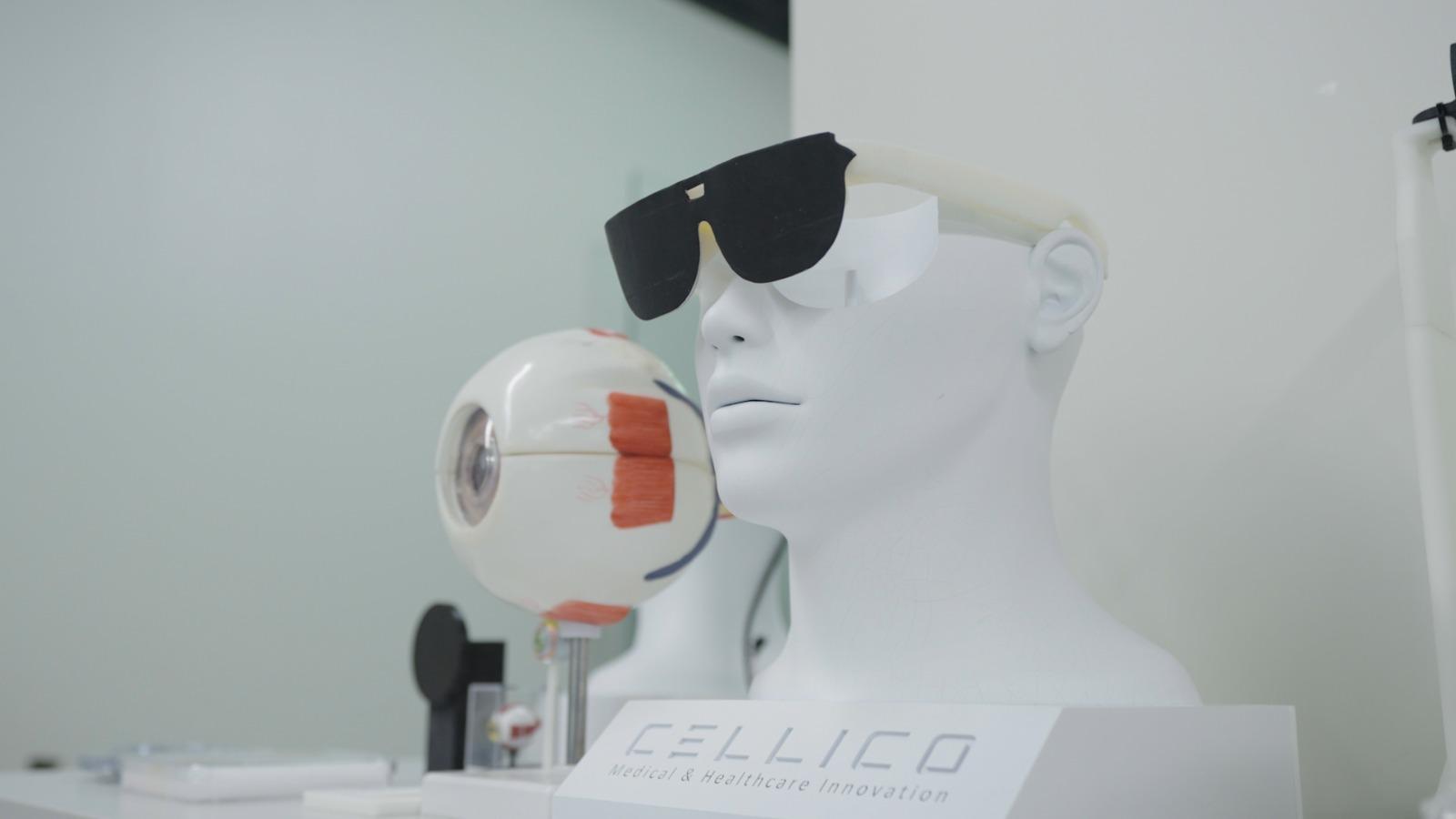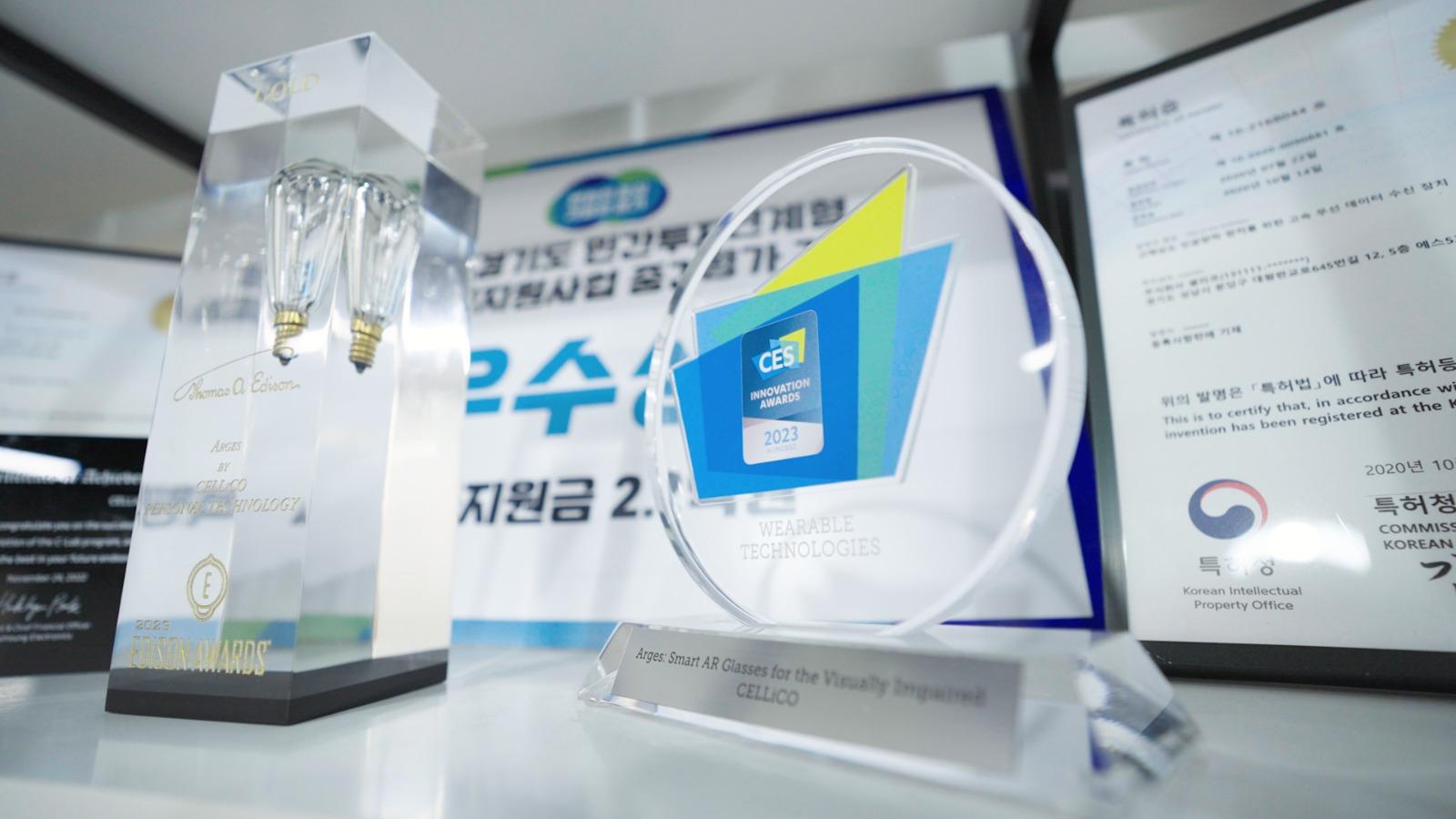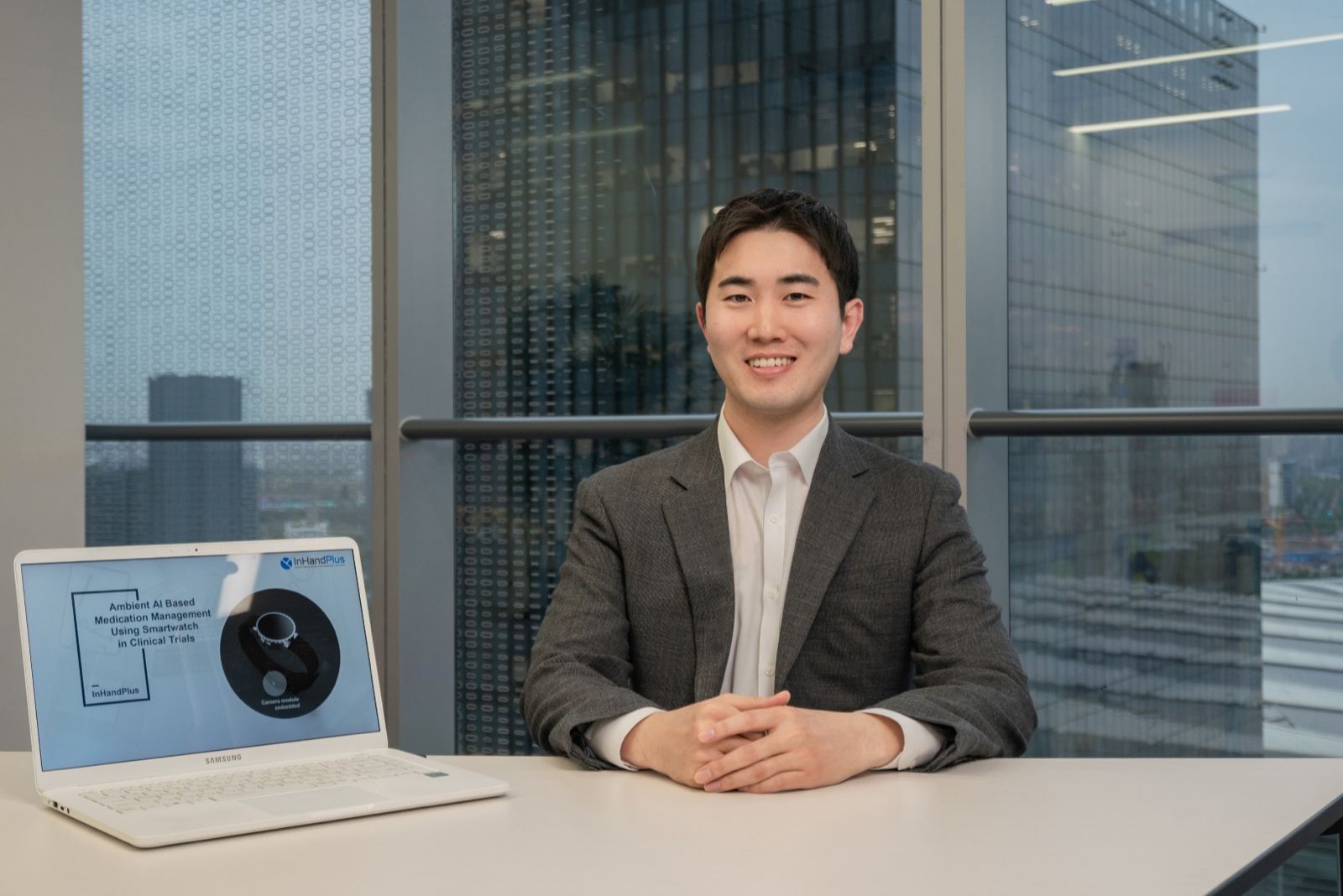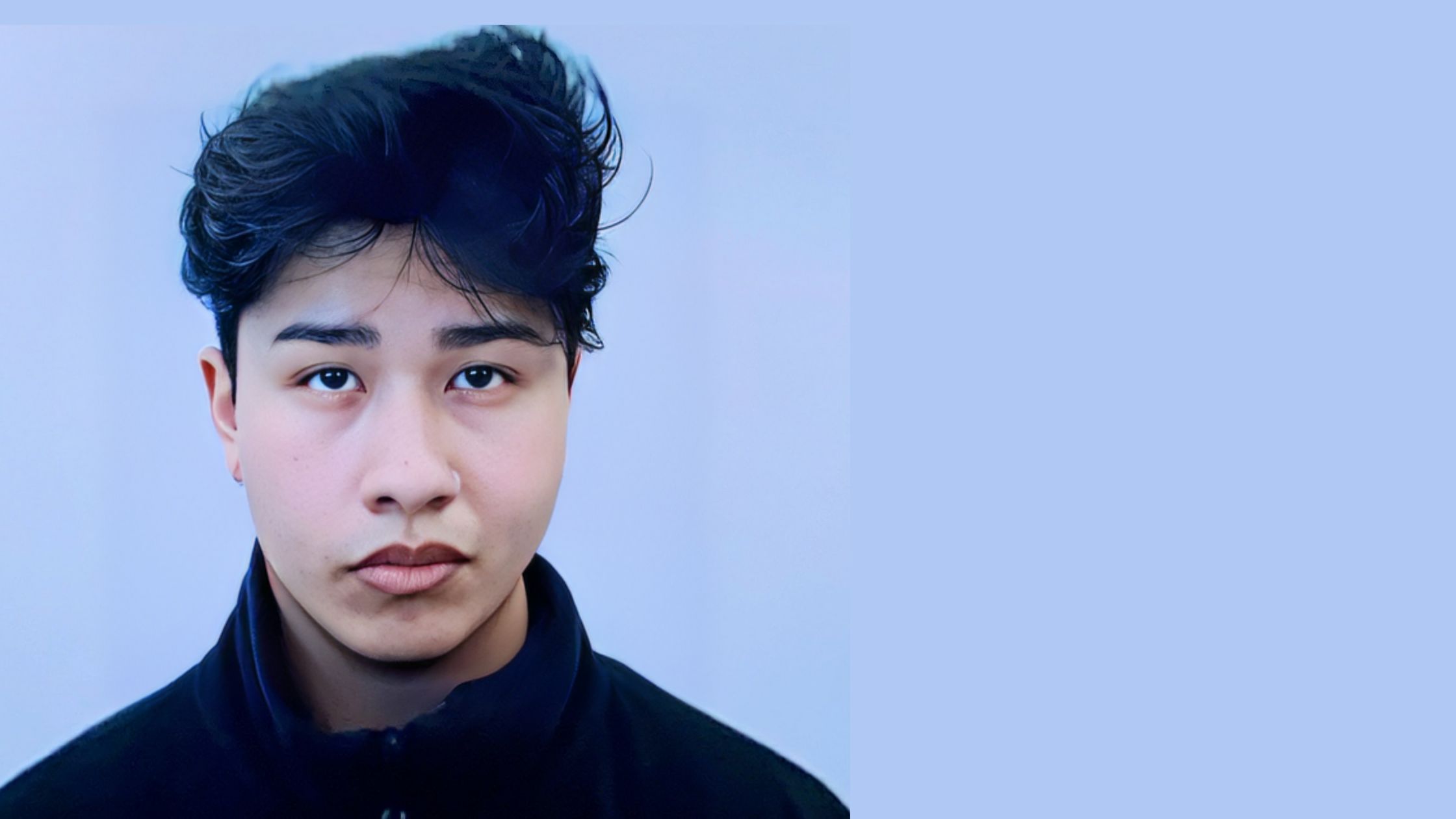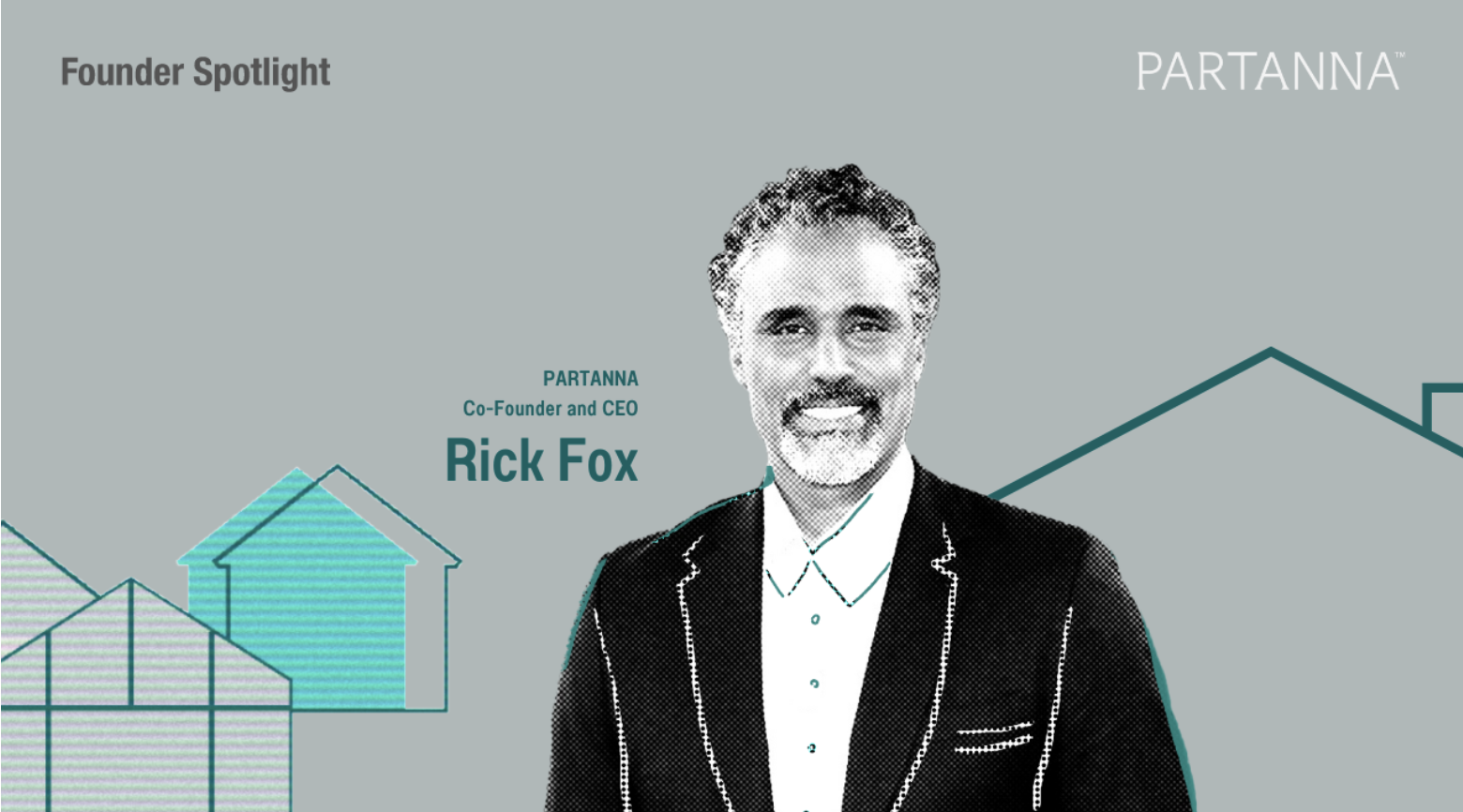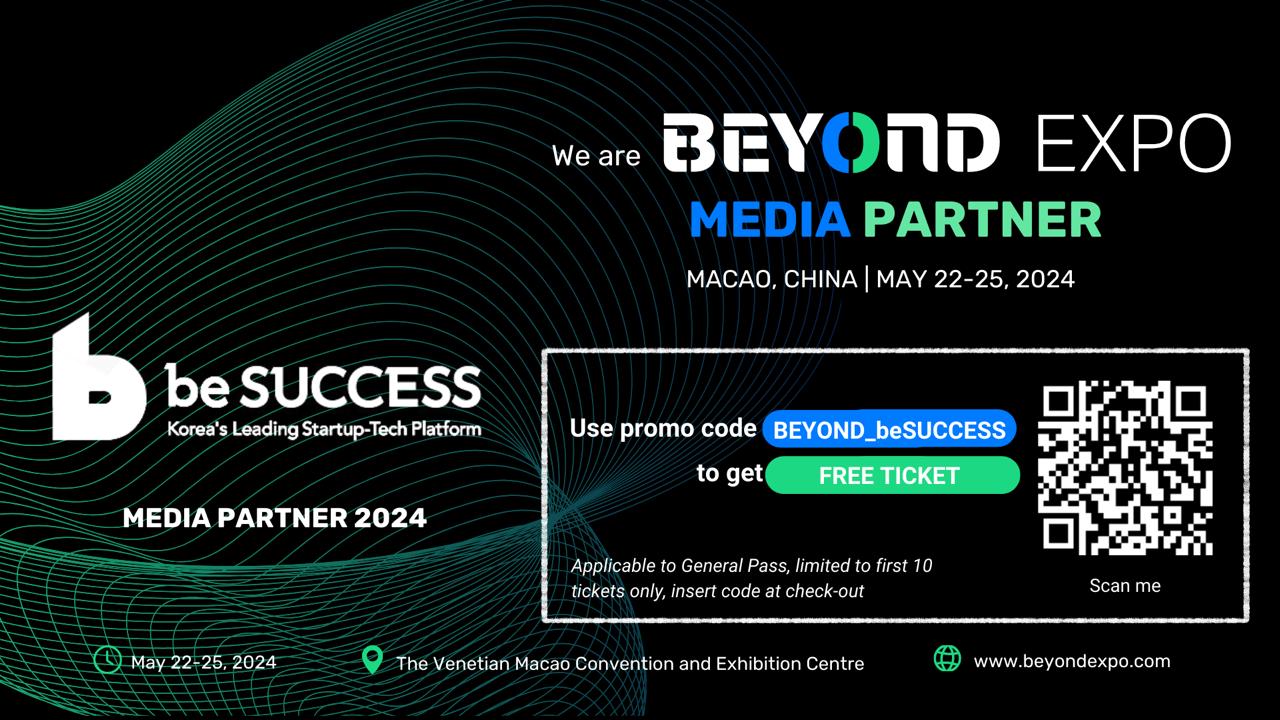AsiaTechDaily – Asia's Leading Tech and Startup Media Platform
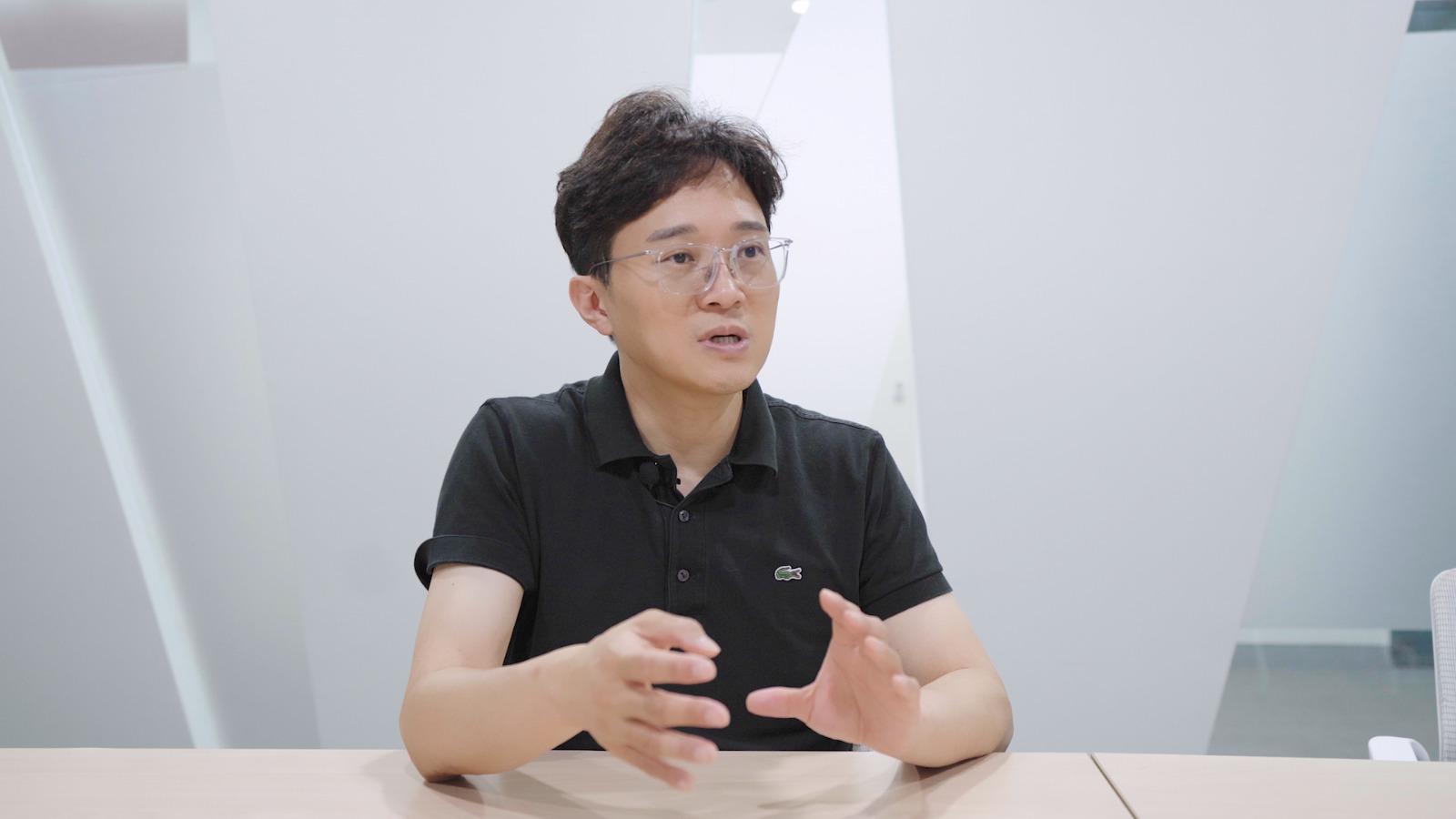
Cellico CEO Kim Jeong-seok about Revolutionizing Vision Restoration Technology in Pangyo Techno Valley
The biotech industry has grown rapidly and is attracting attention worldwide. Biotechnology has been applied to various industries such as agriculture, environment, and health, and has quickly become a part of our daily lives.
The Korean government and related ministries are making various policies to support the growth of the biotech industry in the country. On May 30th, the Ministry of SMEs and Startups held a “Bio Startup Deregulation Talk Concert” at the Korea Bio Park in Pangyo Techno Valley.
In addition, the 2nd Pangyo Techno Valley serves as a platform to help Korea’s biotech industry expand into the global market with various biotech startups moving in. One of them is Cellico, a startup that develops electronic eyes for the first time in Korea for people with visual impairments. This company recently won the Innovation Award at CES, the world’s largest IT exhibition event, and also won the Edison Award, an award at an invention competition in the United States. It is growing rapidly in the field of electronic eyes. We met with the CEO of Cellico, Kim Jeong-seok.
Q. Tell us about yourself and your work.
I am Kim Jeong-seok, the CEO of Cellico. I have a background in electrical engineering and biomedical engineering within the electronics field. I founded this company in 2019 with the electronic eye that I had been working on as a researcher, and I am currently working to make my company a leader in ophthalmic medical devices.
Q. How was the domestic and global market for the electronic eye before you started your business?
In Korea, there were many researchers working on electronic eyes. However, most of them stopped at the research phase, after making the products and testing them on animals, and published their results in academic papers. But I had a strong desire to help those who have lost their eyesight due to retinal disease actually see again.
Q. Could you tell us why you started your business and challenged a market that no one else had challenged before?
I believe that is a basic attitude of a budding entrepreneur, but I had an idea that a startup company should tackle rather challenging tasks. Medical devices are becoming more advanced these days. The electronic technologies used for medical devices are already applied to other fields. As we all know, South Korea is number one in the electronics industry. So, I thought that if I started a business in the medical device field with this technology, there would be enough potential for future development.
Q. Please tell us about your AR glasses.
When a patient starts to suffer from retinal disease, their vision loss progresses in three stages: early, middle, and late. Patients have residual vision until the middle stage. For example, in the case of macular degeneration patients, central vision is impaired, but peripheral vision remains. Our product helps them see by moving the invisible central vision to the peripheral vision through AR glasses.
Q. Which product does your company concentrate more on, between electronic eyes and AR glasses?
We are pursuing the electronic eye business with a long-term goal. Since the product needs to be implanted into the body, there is a certification process such as an approval from the Ministry of Food and Drug Safety. We are preparing for the commercialization expecting that it will take about three years. On the other hand, AR glass is a wearable device, so it is currently in the final stage, and we expect it will be available to patients from 2024.
Q. This year, your company was selected as one of companies for “Materials and Parts Technology Development Project” by the Ministry of Trade, Industry and Energy, securing R&D expenses of KRW 1.6 billion for three years, and got selected as a company for “Governmental Medical Device R&D Program.” Such good news in 2023. What is Cellico’s plan for 2023?
Currently, we are attracting talent and series A investment to scale up the company. We plan to focus more on technology development once we secure enough investment. There are only six months left until next year and in the meantime, we will mass-produce AR glasses, and hopefully make our first sales with them.
Q. You started your business in Pangyo Techno Valley. What made you choose this place?
When it comes to manufacturing, people tend to think of old factories with big chimneys. But these days, manufacturing in medical devices is fused with cutting-edge electronic technologies. That’s why IT technology is important, and Pangyo is well known as the mecca of the IT industry. I chose this place because of that reason. I also thought that Pangyo would be a helpful environment in attracting IT-related talent. I think it will be easier to hire talents as the company grows. In addition, as our company has been designated as a company specializing in military service, we can hire researchers with a master’s or doctoral degree.
Q. What kind of help did you receive from Pangyo Techno Valley in relation to recruitment and investment attraction for the company’s scale-up?
“IR Day”, an event for attracting investment, takes place regularly to provide opportunities to meet with VCs. In addition, Pangyo Startup Zone helps to promote our company by continuously helping press releases through media outlets.
Q. What do you think of Pangyo Techno Valley for your business and its global expansion?
We have not received direct help for entering the global market yet, but since we have only focused on product development, we have no experience in overseas marketing or sales. So, I am preparing to participate in a related acceleration program or consultation programs.
Q. As an entrepreneur that landed here earlier than other rookie businessmen, what would you say are the perks of Pangyo Techno Valley?
First of all, the rent is quite affordable. And there are various programs for acceleration and incubation stages. For example, when we needed to participate in an overseas exhibition, Pangyo Startup Zone held a seminar where I was able to receive relevant information, and this place practically serves as a bridge between our company and capital companies on “IR Day”. It also provides a networking space between senior and junior entrepreneurs. In addition, there is a 3D printer on the 7th floor, so manufacturing companies can freely make samples before their commercialization stage.
Q. What will Cellico look like in 10 years?
Our final goal is to complete and commercialize the electronic eye. I hope our company can help those who have lost their sight to see again, and we plan to establish ourselves as a company that sincerely engages in eye care. So, I would like to hear that Cellico’s products are good to use for eye diseases.
Q. Lastly, as a bio company in Pangyo Techno Valley, if you want to give any comment on working here, what would that be?
There are many IT companies in Pangyo. We apply IT technology into our product, but ultimately, we are a medical device developer. We hope that Cellico becomes so influential that people do not think of old factories when they hear the word “manufacturing”, but Pangyo Techno Valley, and especially high-tech medical device companies like us.


